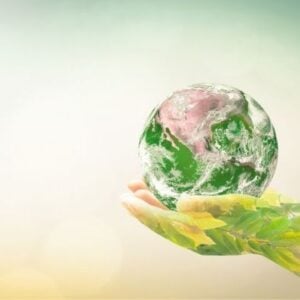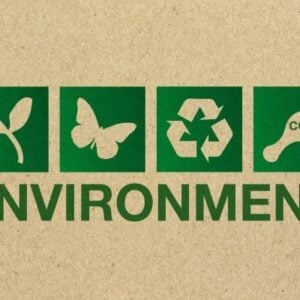The Korea International Cooperation Agency (KOICA) and the United Nations World Food Programme (WFP) have signed a grant arrangement worth USD 1.2 million to support sustainable agriculture and youth employment in Rwanda’s Gatsibo District. The signing ceremony in Kigali brought together KOICA Country Director Jinhwa Kim and WFP Rwanda Deputy Country Director Kaori Ura. This initiative is part of the larger USD 14.8 million “Supporting Agricultural Climate Resilience and Creating Green Jobs for Youth in Rural Communities (CRCSP)” project, running from 2025 to 2030.
Speaking at the event, Jinhwa Kim highlighted the importance of collaboration, stating that the project demonstrates how joint efforts can deliver lasting community impact. He reaffirmed KOICA’s commitment to working closely with the Government of Rwanda and WFP to build resilient livelihoods, foster green growth, and promote inclusive prosperity.
The project will be implemented under the leadership of the Rwanda Agriculture and Animal Resources Development Board (RAB) within the Ministry of Agriculture and Animal Resources (MINAGRI). It focuses on sustainable land use, rehabilitation of 500 hectares of marshland, and the development of rural infrastructure. WFP’s role will center on empowering 340 vulnerable youth and women through vocational training, entrepreneurial coaching, and access to financial and market services. Additionally, 60 youth-led Farmer Service Centers will be established, providing further capacity-building and employment opportunities for around 400 more beneficiaries.
Kaori Ura emphasized that the collaboration with KOICA strengthens WFP’s contribution to Rwanda’s climate resilience efforts and youth empowerment. By investing in skills development and inclusive agribusiness, the project will help communities—particularly women and youth—become more self-reliant and better equipped to handle future challenges.
The CRCSP project takes a holistic approach by combining infrastructure development, such as flood protection and post-harvest processing facilities, with initiatives that encourage youth and women to actively participate in transforming local food systems. This integrated model ensures that economic opportunities and environmental sustainability go hand in hand.
By creating green jobs and promoting sustainable agriculture, the initiative supports climate-resilient food systems and equips vulnerable groups with the tools to build lasting livelihoods. It also represents an important milestone in the ongoing partnership between KOICA, WFP, and the Government of Rwanda. Since 2012, KOICA has contributed USD 21.2 million through WFP to advance sustainable rural development and inclusive economic growth in the country.







